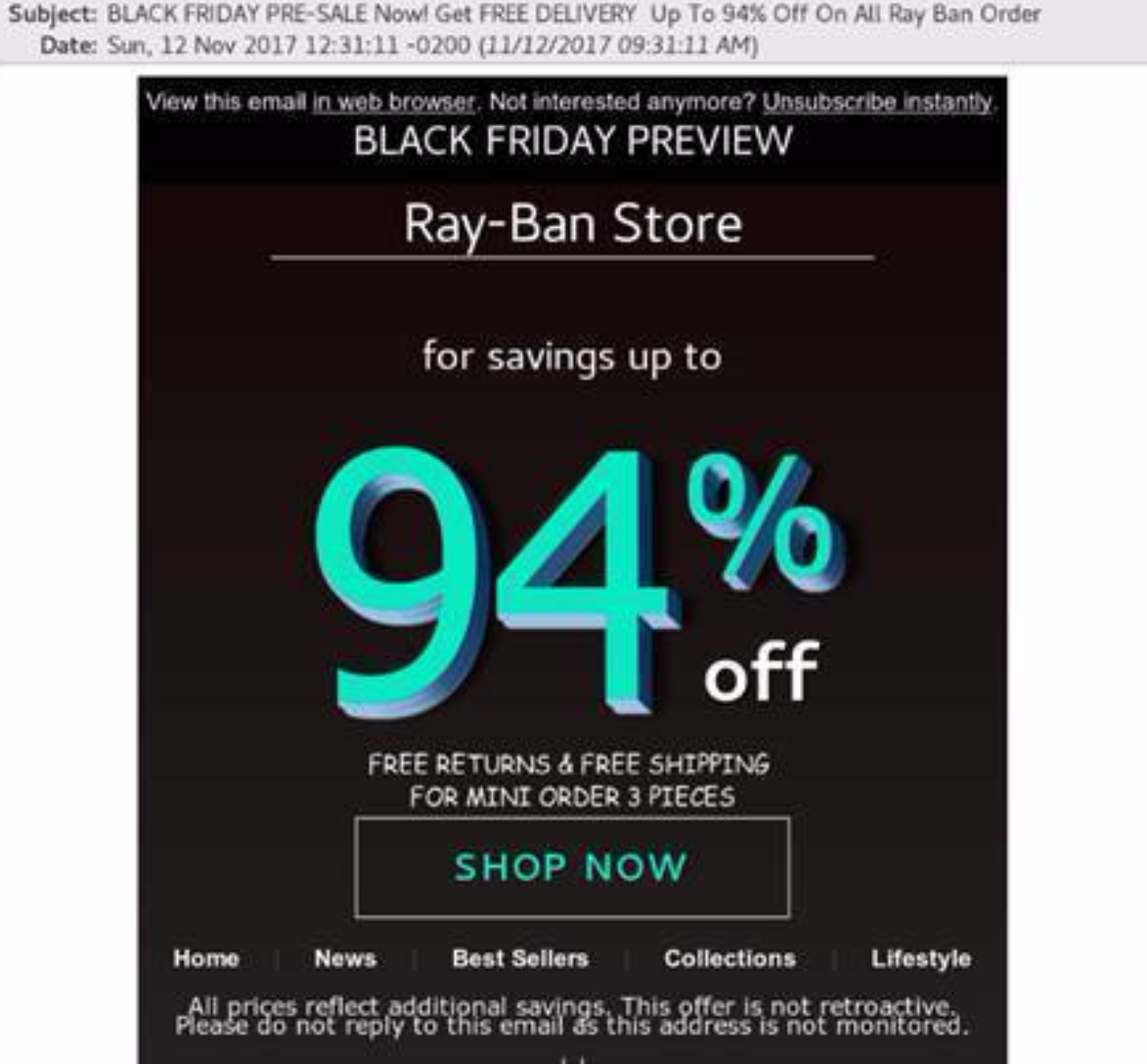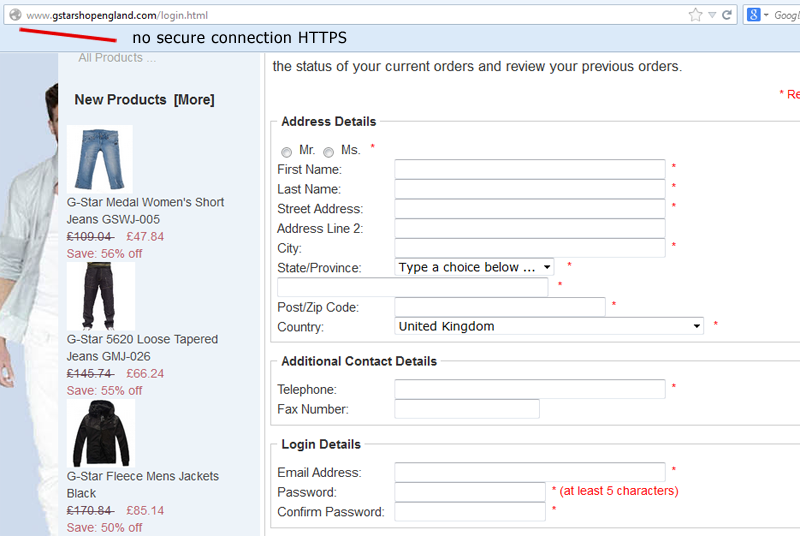Must know tips to avoid online shopping scams

Online shopping scams! There is nothing quite as scary as the thought of being defrauded of your hard earned money. With the Easter holidays fast approaching, a lot of individuals are opting out of the shopping mall experience in exchange for playing the role of the Easter Bunny on their laptops and other devices. In this busy contemporary world of ours where every minute is accounted for, online shopping has become the ultimate way to shop.
There is little question that shopping online has its advantages. The downside, however, is that thousands of unsuspecting shoppers have now become easy prey for scammers. Online shopping scams have forced online shoppers to become more vigilant because crooks and online scammers are always waiting and working overtime to try and trick you out of your money.
What you should know about online shopping scams
Online scammers today have truly perfected their art over the years. Online fraudsters are always a step ahead of you, and even when their schemes are exposed, they keep coming up with something new every day. These crooks typically use sophisticated schemes that combine the use of new technology and old tricks to get you to share your personal information.

As such, whenever shopping online, you have to remain vigilant at all times particularly when checking out an offer that sounds too good to be true or whenever an intriguing pop-up manifests itself on your screen. There are so many individuals that have fallen prey to online shopping scams. Here is how not to become one of them:
Avoid fishy emails at all costs
Online scammers rely on a technique known as phishing in order to steal your personal contact details and information. This technique usually consists of creating fake but original looking emails from reputable and well-known companies. Whenever you receive a fishy looking confirmation email from a company that you do not remember subscribing to or ordering anything from, it should raise an immediate red flag.
Emails with deals that are too good
If a deal that sounds too good to be true shows up in your inbox, it could be a phishing scam that is taking advantage of your need to save. If a link in your inbox looks fishy, rather than click on it, you should visit the official site of the store to verify whether the deal is real or not.
Avoid funny looking or unprofessional websites
If the e-commerce website that you are thinking of shopping from suffers from bad design or has multiple pop-up windows, it could be a sign that the retailer is illegitimate. Although the plan is always to save money when shopping online, you can stay safe by shopping with trusted and verified retailers such as Amazon, eBay, and more. If you want to shop on a smaller site ensure that it uses trusted payment systems like PayPal or M-Pesa.
Online shopping scams on your phone
Unless the e-retailer that you are using has an app, which comes with added security, try not to shop and pay for items on your phone. Phones are convenient to use, but they do not come embedded with reliable anti-virus software that can keep online scammers at bay.
Do your research
Before you decide to buy from an online retailer, it is generally advisable to do your research to make sure that everything is in order. Sure, a smaller website might allow you to save by offering similar products at reduced prices, but such websites are not as protected as you may think.
As a rule of thumb, check out a website’s user reviews as well as badges from consumer review websites before shopping. You should look out for complaints of shoddy goods, unauthorized credit charges, and delivery times that take too long.
There are also scam checking websites such as www.scamadviser.com that come in handy to gauge a website’s authenticity before making the decision to shop on a particular site. Such sites give a Trust rating and go ahead and give a detailed report that will help you make an informed decision on whether you trust a site or not.

Look for security labels
When shopping online, regardless of how secure a website claims to be, you must remember that there is always a risk that you could be a victim of online shopping scams. Therefore, it is your job to look out for danger signs in order to minimize the risk as much as possible. Make sure that the retailer that you choose is legitimate.
The easiest way to do this is by checking the URL; a secure website should begin with the letters ‘https’. If an e-commerce website does not have an SSL or Secured Socket Layer badge, stay away from it as it could mean impending danger. A safe website should also have security labels such as VeriSign and McAfee.
If you are shopping from a Chinese website such as Alibaba, there should be an ICP license number at the bottom of the homepage. Also, the payment options available should consist of third-party payment services like Visa, PayPal, and MasterCard.
Pay through your credit card to avoid online shopping scams

Credit cards are the safest to use when shopping online because they come with added fraud protection. This means that if you should fall prey to fraud, you might be able to get your money back or stop a fraudulent transaction from happening altogether. You should contact your credit card company at the first sign of any fraud.
Your passwords must be strong
Ensure that your passwords are unique, long and difficult to guess to make it hard for online scammers to take advantage of you. It is understandable that with all these social media accounts and online banking systems to keep track of, you might be tempted to use the same passwords across all your accounts, but don’t. You should create a different password for all your accounts or use a password management system that can help you manage your accounts.
Ask for tagged photos
When buying online, particularly when it comes to fashion, there is a risk that the photo posted on the e-commerce website does not belong to the seller. Most of the pictures that you see especially on unknown websites are usually poached from the internet.
In the end, what you receive may end up being totally different from what you expected. To avoid this, ask the retailer to send you a tagged photo which could be a picture with a note or tag attached. The note should contain the name of the seller, the date and any other information that you need. If a retailer refuses, you should reconsider making your purchase elsewhere.
One last thing
Beware of survey sites that ask you to enter a lot of personal information or websites that ask you to install malware on your computer when you click on them.
Have you ever been a victim of online shopping scams? Let us know in the comments section! Contact us if you need to learn more about shopping online safely.






[…] March 15, 2018 Must know tips to avoid online shopping scams […]
Hi I want to order something online and wanted know about your charges for goods to be delivered to Nairobi.
Form USA or UK?
Thank you for sharing about HTTPS security. I will look into them for sure.
youre welcome